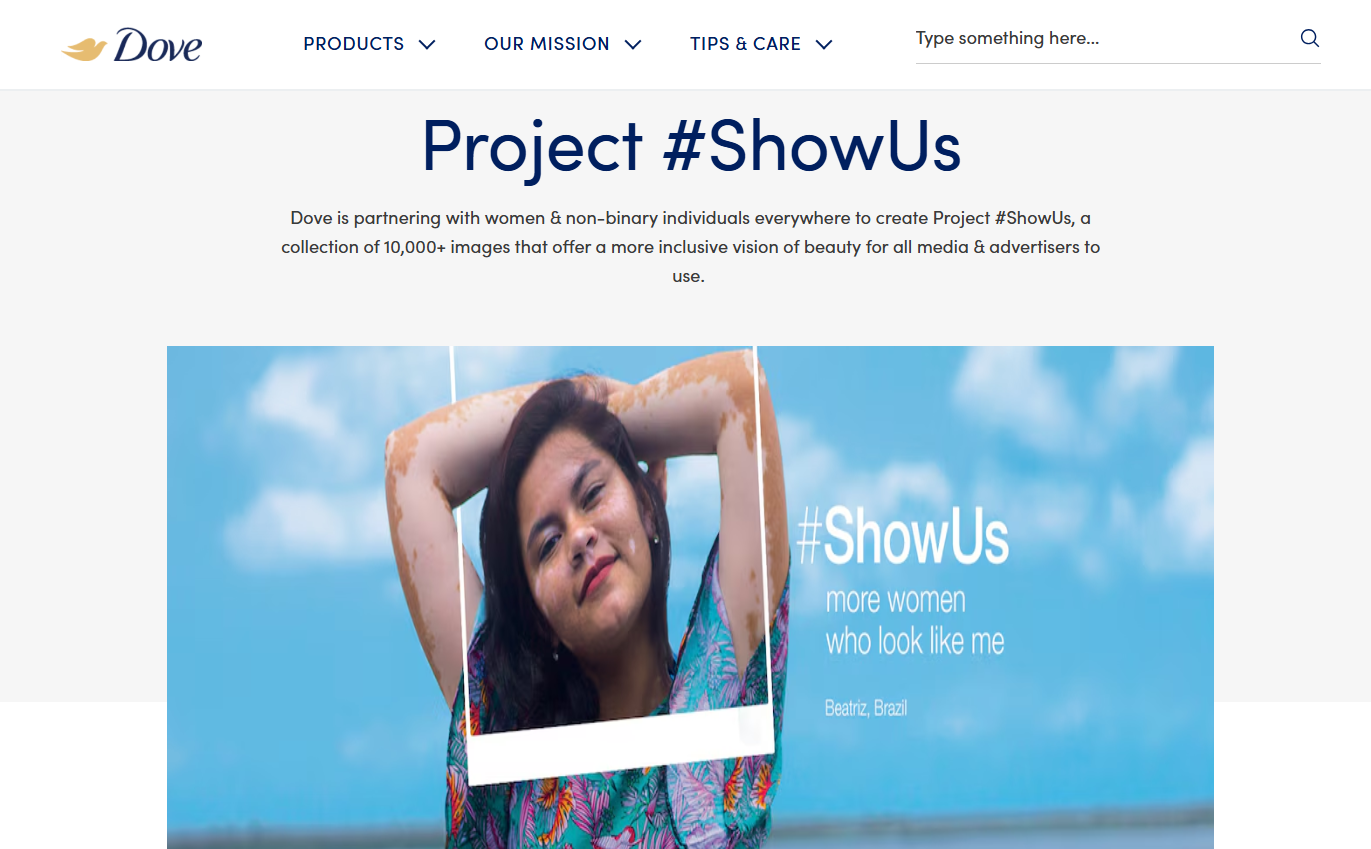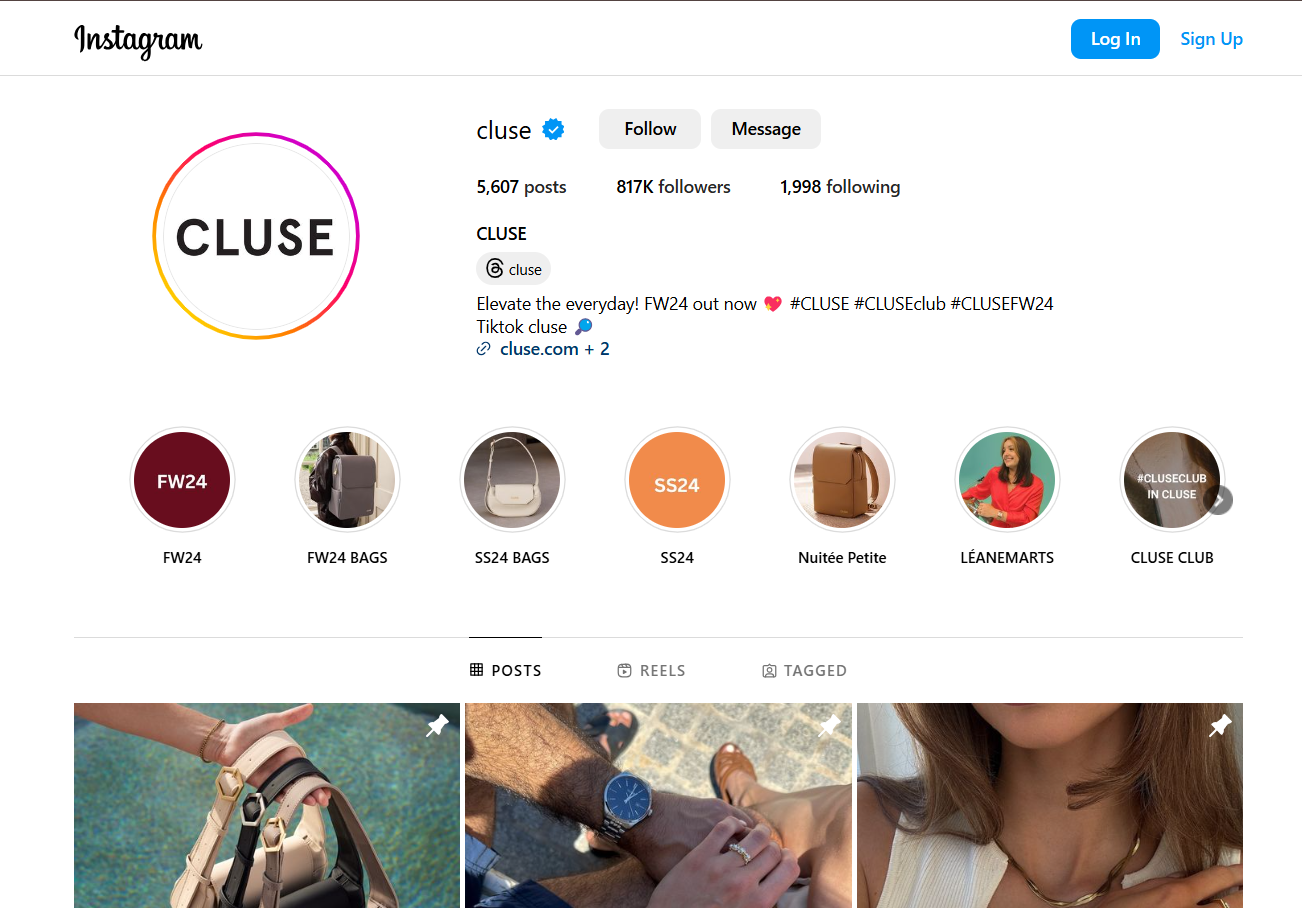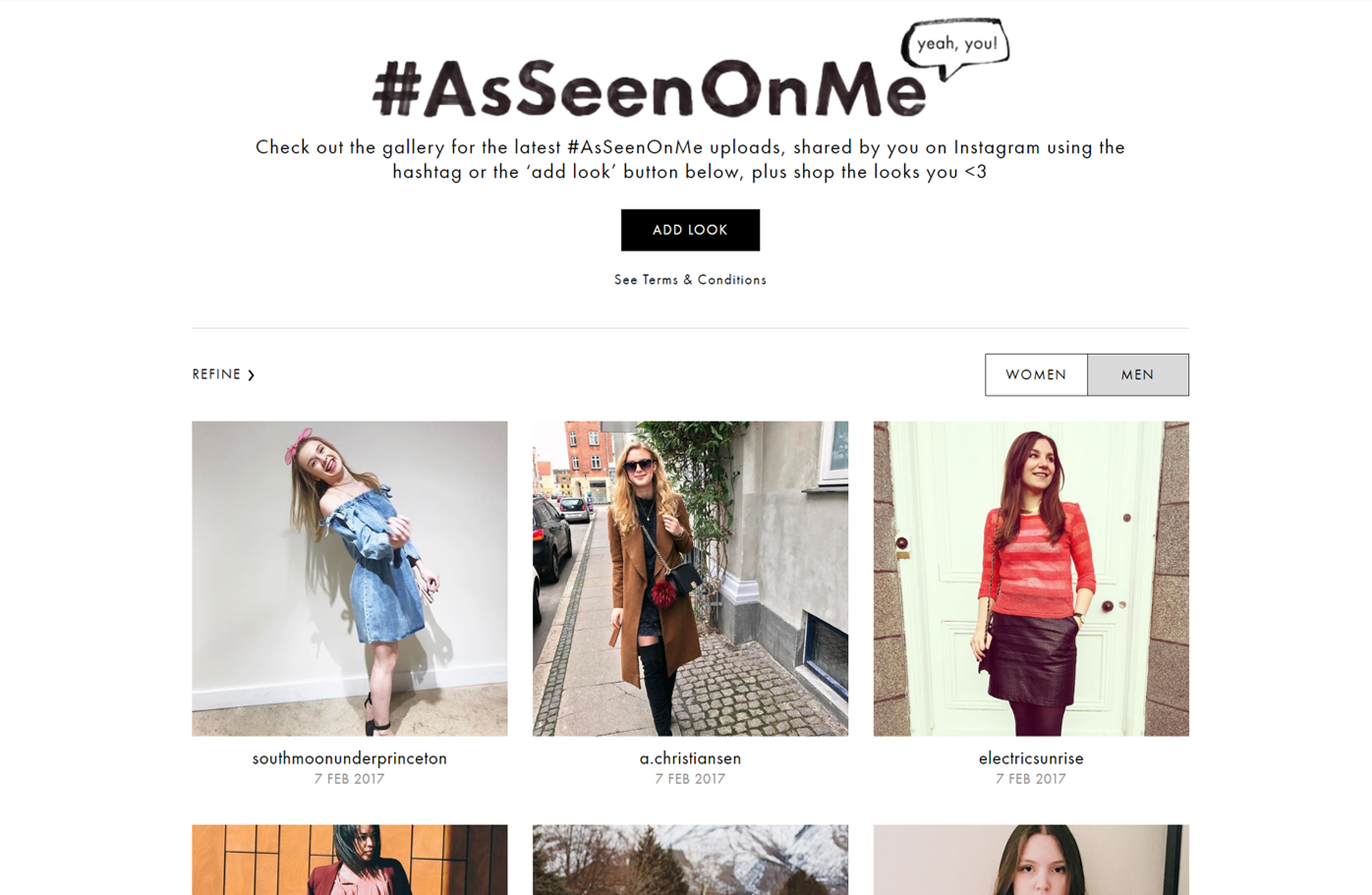In an era governed by technological advancements, the integration of social media and ecommerce has emerged as a game-changer for businesses worldwide. With social media platforms amassing billions of users globally, brands can now effortlessly reach and engage with a diverse and global customer base. This growing trend has paved the way for ‘social media ecommerce,’ which encapsulates marketing an ecommerce business using social media by creating brand awareness, increasing online recognition, and boosting sales.
This blog delves into the world of social media ecommerce, its significance, successful examples of integration, best-leveraging strategies, top platforms for integration, tips to maximize impact, and commonly asked questions. Join us as we embark on this insightful journey.
What is Social Media Ecommerce?
‘Social Media Ecommerce‘ refers to the practice of leveraging social media channels to promote and sell products or services of an ecommerce business. It includes elements like generating brand awareness, enhancing online visibility, expanding the customer base, and even boosting sales.
The convergence of social media and e-commerce has revolutionized how consumers shop online. In 2023-24, social media platforms have become essential hubs for e-commerce activities. A staggering 80% of users make purchases online, and social media is a significant driver of these sales, with an estimated $1.298 billion in sales expected in 2023 alone.
Considered a facet of social commerce, social media ecommerce involves direct selling on social networks, along with a facet called mobile commerce, facilitating the sale of products on mobile devices. This approach is highly potent as nearly all social media users access these platforms via their mobile devices.
What is the Importance of Social Media in Ecommerce?
Social media is a game-changer in the world of ecommerce owing to its widespread reach and engaging format. Let’s have a look at the benefits of social media and ecommerce.
Expanding Online Reach
With their extensive user base, social media platforms offer businesses a promising avenue to reach potential customers across the globe. By posting relevant and attractive content on social media platforms, brands can enhance their visibility and extend their reach beyond geographic barriers. This offers prospects a chance to discover the brand, follow its accounts, and interact with the shared content. It opens up countless opportunities for potential customers to discover the brand’s products, thus establishing an ever-growing online presence.
Engaging Target Audiences
Social media facilitates a two-way interaction between businesses and target audiences. By creating personalized and engaging content aimed at your target audience, you can evoke responses, stimulate discussions, and maintain constant interaction with them. Responding promptly and effectively to comments, inquiries, or feedback also builds credibility, fosters trust, and strengthens relationships. The power of engagement through social media enables businesses to understand their audience’s needs and preferences better, leading to improved marketing strategies and customer experience.
Boosting Sales and Conversions
One remarkable facet of social media in ecommerce is its potential to drive additional business traffic and revenue. With the right marketing strategies, showcasing your products and their unique features can pique audience interest, leading them to purchase your offerings. By simplifying the shopping journey and offering an easy purchase mechanism, social media aids in enhancing customer satisfaction and facilitates higher sales conversions. The impact of such targeted campaign replication at scale results in notable growth in online sales.
5 Successful Examples of Social Media Ecommerce Integration
Brands worldwide have recognized the potential of integrating social media and ecommerce and have achieved substantial success in doing so. Companies like Dove, Airbnb, CLUSE, Burberry, and ASOS have seamlessly integrated their social media and ecommerce strategies to boost engagement, enhance customer experience and boost sales. Each offers a unique perspective on leveraging social e-commerce to their advantage.
Dove: Challenging Beauty Standards

- Dove has wisely used social media as a platform to challenge conventional beauty standards and promote self-love. Their well-acclaimed ‘Real Beauty’ marketing campaign took the social media world by storm, featuring real women instead of retouched models.
- By promoting body positivity and celebrating diversity in beauty, Dove expanded its reach and effectively engaged the target audience. It offered a strong and relatable brand message instead of focusing solely on product promotion.
- The brand heightened its user engagement by creating hashtag campaigns like #ShowUs. Users were encouraged to post images on Instagram with the hashtag, showcasing their unique beauty.
- Dove’s ecommerce marketing strategy integrated with this social media initiative, driving users from their social platforms to their online store, leading to a surge in online sales.
Airbnb: Live Like a Local

- Airbnb revolutionized the travel industry with its unique ‘Live Like a Local’ campaign, smartly combining social media with ecommerce. The campaign offered travelers a more authentic experience by residing in local homes rather than hotels.
- Airbnb successfully leveraged user-generated content, allowing hosts and guests to share their experiences on their social media platforms with a custom hashtag, creating a chain of genuine reviews and recommendations.
- Incorporating Instagram’s shoppable posts feature enabled Airbnb to link their stunning property images directly to their booking page, simplifying the user’s booking journey.
- This successful blend of leveraging robust social media strategies not only fostered strong relationships with customers but also positively impacted their online bookings.
CLUSE: Authenticity in Marketing

- CLUSE, a watch and jewelry brand, understood the power of authenticity in marketing and ingrained it in its social media strategy.
- By engaging micro-influencers to promote their products in their everyday lifestyle and showcasing real images, CLUSE induced genuineness and trust among its target customers.
- The interactive ‘CLUSE Your Look’ campaign involved generating user content via a custom hashtag where users modeled with their favorite CLUSE products and stood a chance to be featured on CLUSE’s social profiles.
- This social media strategy not only spurred significant online engagement but also effectively drove traffic to their ecommerce store, leading to increased sales.
Burberry: A Modern Approach from a Legacy Brand

https://www.youtube.com/watch?v=xt7aJiuTQXg
- Burberry, a paragon of luxury fashion, demonstrated how to seamlessly blend traditional heritage with modern-day trends through its social media marketing.
- Burberry devised an innovative ‘Tweetwalk’ campaign, revealing their new collection on Twitter before it hit the runway, giving fans an exclusive preview and creating a buzz on social media.
- The brand also initiated the ‘Art of Trench’ project, inviting users to submit photos wearing Burberry’s signature trench coats. Selected photos were featured on Burberry’s Instagram feed, fostering customer interaction and generating holistically engaging visual content.
- By combining groundbreaking social media strategies with their ecommerce website, Burberry enhanced its digital footprint and increased its online sales exponentially.
ASOS: The Power of Visuals

- Fashion giant ASOS tapped into the power of visuals by establishing an engaging Instagram presence showcasing their varied product line.
- Their campaign, ‘#AsSeenOnMe,’ encouraged customers to share their outfit posts wearing ASOS products with the custom hashtag. The campaign’s success resulted in more than half a million posts under the hashtag, amplifying engagement and user-generated content.
- ASOS integrated shoppable tags into their Instagram feed, allowing their followers to shop for products directly from the platform, thus providing a streamlined shopping experience.
- This ingenious blending of visual-focused social media strategy with their ecommerce operations led to an exponential boost in their online sales, brand recognition, and customer engagement.
What Are the Best Strategies for Leveraging Social Media and Ecommerce?
Effectively leveraging social media and ecommerce requires a blend of strategic measures focusing on product promotion, customer engagement, and experience. Stay tuned as we discuss the top 7 strategies for driving traffic to your ecommerce store through effective social media management.
Optimizing Social Profiles
Your social media profile is your digital storefront and requires as much attention as your physical store or website. By featuring high-quality images for profile and cover photos, crafting a compelling and keyword-rich bio, and including the website link, brands can optimize their profiles for better visibility and customer interaction. It is also essential to maintain consistent branding elements like logo, color scheme, and tone across all social media platforms. This not only aids in better brand recognition but also enhances credibility among potential customers.
Want to make a lasting impression on your audience? Look no further than Flix Studio, your go-to partner for creating stunning visual content that captures attention and drives engagement. From eye-catching social media graphics to professional product videos, our team of expert designers will bring your brand vision to life.
Elevate your ecommerce brand’s imagery and digital presence with FlixStudio’s world-class photoshoots. Contact us today to discuss your project.
Implementing Influencer Marketing
Influencer marketing plays a critical role in building trust among potential customers. By collaborating with influencers who resonate with your brand values and share a similar target audience, you can effectively promote your products. Influencers act as trusted sources of recommendation, boosting the chances of their followers turning into potential customers. It is crucial to set clear expectations about the type of content, frequency of posts, and key messages you want the influencer to convey. Comparing the influencer metrics and tracking the return on investment (ROI) would help in understanding the effectiveness of the partnership and in making informed decisions.
Running Targeted Social Media Ads
Running targeted advertisements on social media platforms can immensely amplify a brand’s reach and visibility. Identifying and defining the target audience based on their interests, behaviors, and demographics helps devise targeted ad campaigns. The beauty of social media advertising lies in its flexibility, which can be customized to suit the individual platform’s unique features. For instance, carousal ads might perform best on Facebook, while short video ads might fit best on Instagram. It’s crucial to constantly monitor ad performance and adjust them accordingly for maximum effect.
Creating Shoppable Posts
Shoppable posts directly link to your ecommerce store, letting users seamlessly shop the products featured in the social media posts. Instagram and Facebook offer shoppable posts, ensuring that the product discovery process is comfortable and convenient for users. By embedding product tags in your social media posts, you streamline the user’s path from discovery to checkout, thereby enhancing their shopping experience. Ensuring the product visuals are appealing and accompanied by engaging product descriptions can lead to higher conversions and sales.
Gathering User-Generated Content
User-Generated Content (UGC), such as reviews or personal product experiences shared by users, can be a goldmine for brands. Encouraging customers to share their product experiences or participating in brand campaigns helps generate credible content that has high acceptance among potential customers. Featuring UGC in your social media platforms provides an authentic voice to your brand and fosters trust among users. Brands can curate UGC through contests, hashtag campaigns, or by simply asking customers to share their experiences with the brand’s products.
Using Hashtags Strategically
Hashtags wield massive power in expanding the reach of your posts beyond your followers and making them visible to anyone interested in your hashtag. They have the potential to enhance your post’s discoverability, visibility, and engagement on social media. Implementing a mix of broad appeal and niche-specific hashtags can attract a wider audience. Brands can establish branded hashtags to compile all brand-specific content under one roof, making it easily discoverable and promoting brand recognition. Monitoring the performance of your hashtags can provide insights into what resonates best with your audience and help you strategize better.
Analyzing Data and Improving Strategies
The ability to constantly track, analyze, and improve strategies based on data is one of the biggest advantages of implementing a social media ecommerce strategy. Useful metrics like engagement rate, click-through rate (CTR), follower growth rate, cost per click (CPC), and customer behavior can provide valuable insights into your strategy’s performance. Conducting routine analysis aids in identifying what’s working and what’s not, helping you optimize your future strategies and campaigns. Tools like Google Analytics and individual social platform analytics provide comprehensive reports that facilitate the fine-tuning of your marketing efforts for higher returns.
What are the Top Social Media Ecommerce Platforms?
The burgeoning popularity of social media ecommerce has led to various social media platforms introducing ecommerce-friendly features to attract businesses. Each social media network offers unique features that cater to specific business needs and goals. Platforms like Instagram Shops, Facebook Marketplace, Pinterest for Shopping, Snapchat, and TikTok Shop are disrupting the ecommerce industry with their innovative integrations. Let’s examine the best social media ecommerce platforms in detail.
Instagram Shops
Instagram Shops offer businesses a storefront-like experience on their profiles, allowing users to browse through their product catalog without leaving the app. Products can be highlighted in posts and stories using shoppable tags, linking them directly to your online store for purchases. This provides a streamlined shopping experience to users, opening avenues for impulsive buying and increasing chances of conversion.
|
Feature |
Description |
|
Instagram Shops |
It is a seamless shopping experience within the Instagram app |
|
Customer Ease |
Users can discover, browse and purchase products directly from a business’s Instagram profile |
|
Shopping Tags |
Businesses can tag posts and stories with their product to link it directly to their online catalog |
Facebook Marketplace
Facebook Marketplace is a thriving hub for buying and selling items within the Facebook community. Businesses can list their products on this platform, making them easily discoverable by potential customers in the vicinity. Additionally, purchases can be made directly without toggling between the Facebook app and the seller’s website, offering users a seamless online shopping experience.
|
Feature |
Description |
|
Facebook Marketplace |
It is a convenient platform within Facebook where users can buy and sell items |
|
Community Engagement |
Users can discover products from businesses or individuals in their local community |
|
Native Buying Experience |
It allows transactions to take place directly within Facebook shops |
Pinterest for Shopping
Pinterest for Shopping offers visually appealing product discovery through pins. More than just an image-sharing platform, Pinterest allows businesses to create Product Pins that provide real time pricing and analog information about the product. These pinned products can be linked directly to the product page on your ecommerce website, easing the purchase process. This platform fuels product research and drives customer inspiration, resulting in highly motivated shoppers ripe for conversions.
|
Feature |
Description |
|
Pinterest for Shopping |
It is an interactive feature of Pinterest focusing on product discovery |
|
Visual Discovery |
Users can discover products visually through pins |
|
Product Pins |
Businesses can use Product Pins to provide real-time pricing and link it directly to the online store |
Snapchat
Snapchat caters to a young, dynamic audience, making it an attractive platform for businesses targeting younger demographics. Their Shop and AR Lenses features offer an interactive and fun shopping experience to users by allowing virtual try-ons of products. Shoppable Ads can also be leveraged to advertise exclusive products and redirect users to the product page on the ecommerce site for checkout.
|
Feature |
Description |
|
Snapchat Shop |
It provides an immersive shopping experience using Augmented Reality (AR) |
|
AR Lenses |
It offers virtual try-ons for products enhancing customer interaction |
|
Shoppable Ads |
Businesses can drive users to their ecommerce site with high-converting Shoppable Ads |
TikTok Shop
TikTok, a platform known for its short, engaging videos, is gaining traction in the ecommerce world. With TikTok Shop, businesses can create intriguing short video content featuring their products and foster seamless in-app shopping for users. This vibrant platform offers vast opportunities for brands to engage with a younger audience and drive product discovery and purchases.
|
Feature |
Description |
|
TikTok Shop |
It facilitates businesses to showcase and sell their products within TikTok |
|
Engaging Short Videos |
Businesses can create short product videos for product promotion |
|
In-app Shopping |
Users can shop the featured products without having to leave the app |
4 Tips to Maximize the Impact of Social Media and Ecommerce
While integrating social media with ecommerce can yield significant benefits, maximizing its impact requires strategic methods focussing on engaging content, user-generated content, innovative campaigns, and incorporating AI and chatbots in commerce. Here are a few of the best practices you must keep in mind while trying to maximize the impact of your ecommerce social media strategy.
Creating Engaging Content
Creating social media content that is engaging, informative, and resonates with the target audience is crucial to keep the audience interested and loyal to the brand. A well-thought-out content strategy that aligns with the brand’s identity, customer preferences, and current social media trends can substantially improve engagement rates. Incorporating visually appealing imagery, compelling storytelling, informational blogs or guides, interactive quizzes or polls, and user testimonials can result in high-quality content that captivates your audience.
Remember, consistency is key in content creation. Regularly updating your social media platforms with relevant content will increase the social media presence of your brand.
Encouraging User-Generated Content
User-generated content (UGC), such as product reviews, testimonials, or user experiences shared on their personal social media platforms, can significantly contribute to brand credibility and trust. UGC acts as social proof, reinforcing the authenticity of the brand in the minds of potential consumers. Encouraging and incentivizing customers to share their product experiences or participate in brand-initiated campaigns can foster a sense of community among users. UGC not only provides businesses with organic promotional content but also boosts customer retention and loyalty.
Developing Innovative Social Campaigns
Launching innovative social media campaigns can pique customer interest and incite user interaction. Campaigns could range from hashtag challenges, giveaways, contests, and influencer collaborations to launch exclusive products. Such initiatives not only elevate brand awareness but also engage the audience in fun and meaningful ways. Measuring the campaign’s performance, customer response, and engagement rates can help refine future campaigns to better resonate with your audience.
Implementing Chatbots and AI in Social Commerce
Chatbots and AI have revolutionized the way brands interact with customers on social platforms. They enable brands to offer round-the-clock customer service, answer customer queries instantly, provide personalized product recommendations, and guide the shopping process without any human intervention. This automation not only enhances customer experience but also frees up valuable time for businesses to focus on strategic aspects of growing their online presence. Incorporating AI-powered chatbots can significantly improve customer satisfaction rates and drive greater conversions.
Conclusion
In an age where technology continues to transform consumer behavior, leveraging social media in ecommerce has emerged as a transformative force. By assimilating innovative strategies and utilizing appropriate social platforms, businesses can significantly amplify their online presence, drive customer engagement, and boost online sales. With the correct approach, social media and ecommerce integration can yield substantial results, tapping into new customer domains and fostering business growth.
Frequently Asked Questions
What is the role of social media in ecommerce?
Social media plays a pivotal role in ecommerce by enabling businesses to expand their reach, engage with target audiences, and boost online sales. It facilitates direct interaction with customers, fosters customer relationships, enhances brand awareness, offers targeted advertising opportunities, and simplifies the shopping experience.
How do I choose the right platform for my ecommerce brand?
Choosing the right platform for your ecommerce brand largely depends on your target audience and the nature of your products. The platform’s user base, its ecommerce-friendly features, and how well it resonates with your brand identity and marketing goals are key factors to consider.
Is influencer marketing essential for ecommerce success on social media?
Influencer marketing is a significant aspect of social media ecommerce as it aids in building trust among potential customers. Influencers act as trusted sources for product recommendations, enhancing the likelihood of their followers turning into customers, thus playing a crucial role in ecommerce success on social media.



